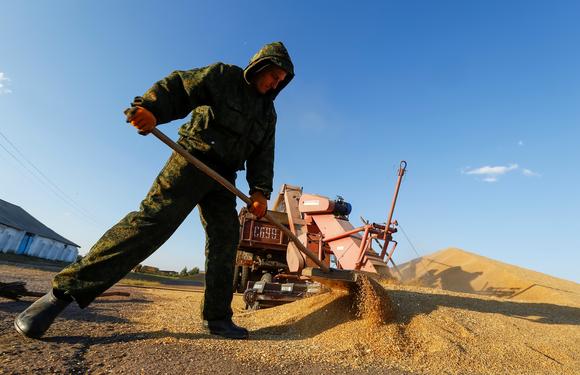 New infrastructure helps ex-Soviet grain exporters reach Asian markets
New infrastructure helps ex-Soviet grain exporters reach Asian markets
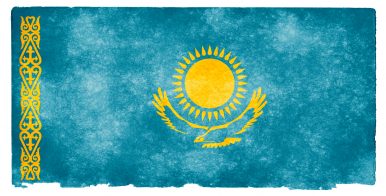 The Paradise Papers leak shows that Sauat Mynbayev, a key in Kazakhstan’s energy sector, could have conspired to hide millions in offshore havens.
The Paradise Papers leak shows that Sauat Mynbayev, a key in Kazakhstan’s energy sector, could have conspired to hide millions in offshore havens.
 New infrastructure helps ex-Soviet grain exporters reach Asian markets
New infrastructure helps ex-Soviet grain exporters reach Asian markets
 The Paradise Papers leak shows that Sauat Mynbayev, a key in Kazakhstan’s energy sector, could have conspired to hide millions in offshore havens.
The Paradise Papers leak shows that Sauat Mynbayev, a key in Kazakhstan’s energy sector, could have conspired to hide millions in offshore havens.
 Even after a week of inquiries, investigators in Kazakhstan appear to be no closer to discovering the identity of the buyer of a 65 million euro ($76.5 million) apartment in Paris. Real estate insiders have said the property was sold to a Kazakh government official, but declined to provide a name.
Even after a week of inquiries, investigators in Kazakhstan appear to be no closer to discovering the identity of the buyer of a 65 million euro ($76.5 million) apartment in Paris. Real estate insiders have said the property was sold to a Kazakh government official, but declined to provide a name.
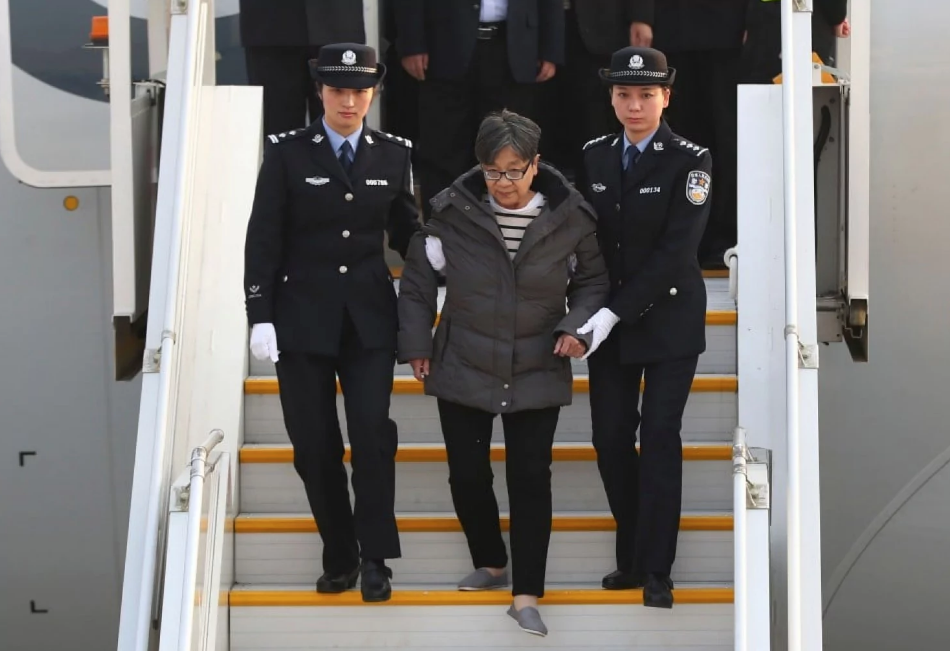 On Oct. 27, the vice president and heir apparent to the tiny oil-rich West African state of Equatorial Guinea was convicted in a Paris court of money laundering and embezzlement.
On Oct. 27, the vice president and heir apparent to the tiny oil-rich West African state of Equatorial Guinea was convicted in a Paris court of money laundering and embezzlement.
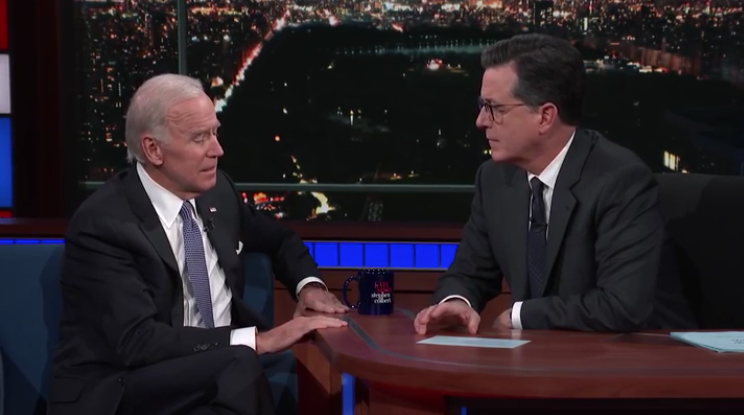 President Donald Trump made tens of millions of dollars in profits by allowing Colombian drug cartels and other groups to launder money through a Trump-affiliated hotel in Panama, according to a new investigation by the organization Global Witness.
President Donald Trump made tens of millions of dollars in profits by allowing Colombian drug cartels and other groups to launder money through a Trump-affiliated hotel in Panama, according to a new investigation by the organization Global Witness.
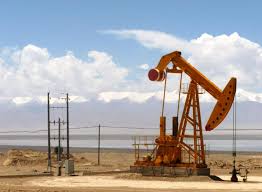 Despite being the second-largest oil producer and exporter in the former Soviet Union, only behind Russia, Kazakhstan has been historically plagued by chronic deficits of fuel for domestic consumption. National energy security is at the top of the country’s priority list, yet little progress has been made since independence to address this concern.
Despite being the second-largest oil producer and exporter in the former Soviet Union, only behind Russia, Kazakhstan has been historically plagued by chronic deficits of fuel for domestic consumption. National energy security is at the top of the country’s priority list, yet little progress has been made since independence to address this concern.
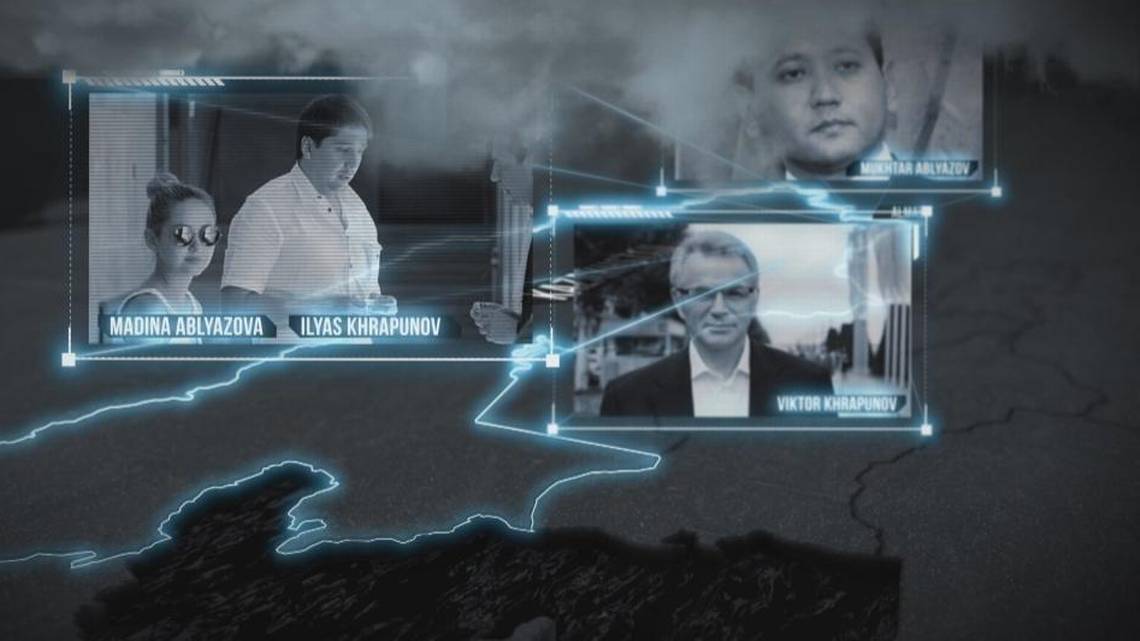 The interests of a wealthy Kazakh fugitive, a company tied to disgraced movie mogul Harvey Weinstein and the Trump Organization all intersected here Friday in unusual court proceedings.
The interests of a wealthy Kazakh fugitive, a company tied to disgraced movie mogul Harvey Weinstein and the Trump Organization all intersected here Friday in unusual court proceedings.